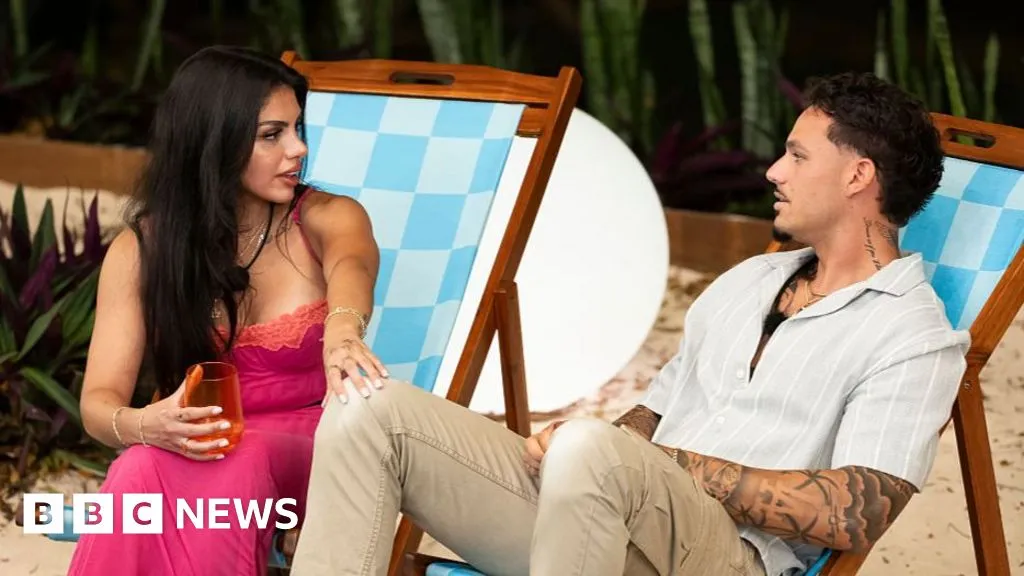"You can earn a lot of money if that's what you want to do, but really you need to look at the bigger picture and think in five, six, 10 years' time, you're always going to be pretty much known for being on a reality TV show," said Zara Holland, who competed on Love Island in 2016 in the UK.
"It was a really hard time for me. And if I could turn back time, I really wish I'd never gone on the show," she told BBC's Newsbeat.
Social media can act as a double-edged sword for contestants. Dr Jamie Huysman, who has advised productions on mental health care for more than 20 years, noted it has "made it hell" for some. "It has truly disassociated us from the impact of our words."
Contestants want fame - but they're not the only ones who feel a rush by getting likes and followers online. Average viewers on social media are also chasing that same gratification when they make memes or posts that become popular, and they are often incentivised to be critical, he says.
Ms Hemmings said psychologists can encourage people to ignore those criticising them online, but it's difficult.
"The public can be fickle and harsh," she said. "They need to remember that contributors are young and ambitious, but could be their siblings, brothers, sisters or children."
She noted that overnight fame can lead to a cascade of issues for contestants, which can be overwhelming.
"They yearn for it, but it brings unwelcome scrutiny," she said. "Their pasts are dissected. Exes come out of the woodwork to sell their stories, and everything they do or say is open to criticism."
Another complication is that "very few reality stars go onto successful media careers - most struggle or fade away". But having a taste of popularity can make it difficult to go back to their old lives.
Season 7, which is still airing, has become the series' most-watched season since it was launched in the US in 2019. Sports bars are hosting watch parties; celebrities are spoofing viral moments online - Grammy-winner Megan Thee Stallion even appeared on an episode this season and gushed over her obsession with the show.
The show's popularity in the US has spurred a spin-off dubbed "Beyond the Villa", which is set to air next month and follow Season 6 Islanders as they navigate life in Los Angeles after the show.
But that success has also led to a rise in negative comments about the cast this season, who have been relentlessly criticised over their appearances and actions. The show broadcast a message this week in the middle of an episode: "The keyword in Love Island is... Love. We love our fans. We love our Islanders. We don't love cyberbullying, harassment or hate."
It followed a public plea from host Ariana Madix: "Don't be contacting people's families. Don't be doxing people. Don't be going on Islanders' pages and saying rude things."
Love Island USA's producers did not say whether added mental health precautions would be taken after this season - but noted they review and reassess such measures continually.
